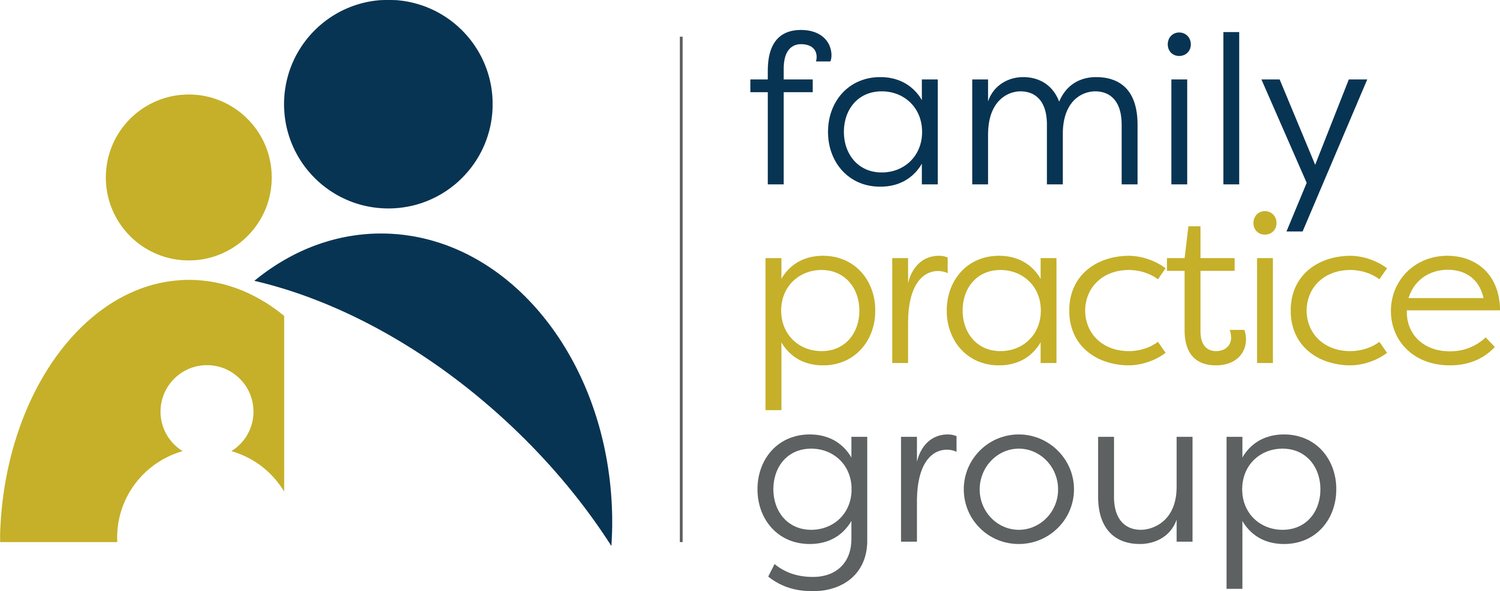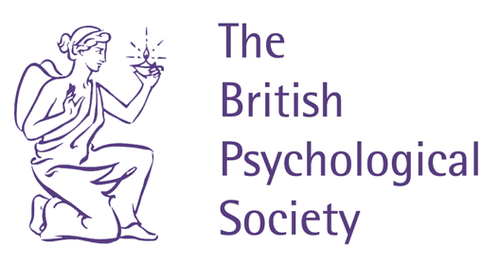Private autism assessments, are they accepted?
This is probably the most common question we are asked when clients first consider a private autism assessment. The answer is quite straight forward.
There is absolutely no reason whatsoever why a private assessment for autism should not be accepted, as long as the following two conditions are met.
The assessment was administered by trained and experienced practitioners
The assessment was delivered in accordance with NICE guidelines.
Clients who are in discussion with independent practitioners or providers of private autism assessments need to be reassured that their assessment report will be accepted ‘locally’ by the NHS, local authority or school.
I believe it can be important to discuss and be open with them as to why such a concern may exist in the first place.
So why do so many clients ask this question and why is there a concern?
In the past, there had been a natural resistance (reported by psychologists I know personally) from some schools and local authorities to accept private assessments. It’s important to note that this was not just in the area of autism but educational assessments as well. Local authorities and schools in particular preferred “NHS” assessments and those administered by educational psychologists they contracted with directly or via the local authority.
I have heard accounts from teachers that schools and local authorities would take the position that if a client paid a psychologist, for example, to assess their child for autism or dyslexia then they were paying for a diagnosis and not an assessment. This would lead to mistrust in private assessments which is why the question around private reports being accepted is still asked today.
Historically, practising psychologists were self-regulated by the British Psychological Society (BPS) and the Association of Educational Psychologists (AEP). In 1965 the BPS received its royal charter and in 1987 introduced a register of psychologists, however it wasn’t until 2009 when a more robust regulatory authority came into effect. Prior to this the BPS would investigate complaints made by members of the public regarding one of its psychologists, however the process was considered by many to lack substance.
A psychologist could be removed from the register but could continue to use the title psychologist and offer their services. As the register was not a statutory based register it could be compared to someone having their membership card simply taken away without further penalty.
So, some psychologists would continue to operate in areas of psychology they were not trained or experienced in and charge for their services with little fear of redress.
The HCPC
On the 1st July 2009 the Health Professions Council, now the Health and Care Professions Council (HCPC) became responsible for the regulation of practitioner psychologists.
Article 39(1) of the Health Professions Order 2001 makes it a criminal offence for a person, with intent to deceive (whether clearly or by implication) to:
say that they are on the HCPC Register;
use a designated title to which they are not entitled; or
say falsely that they have qualifications in a profession we regulate.
https://www.hcpc-uk.org/concerns/what-we-investigate/misuse-of-title/
As it is now widely publicised that members of the public should only instruct those psychologists who are on the HCPC register, being removed from that register has much stronger implications for those psychologists not practising correctly.
However, the HCPC has only been in active service since 2001 and only in 2009 did it add psychologists to its family. This is in part why this question over private reports being accepted locally still exists, the past isn’t quite the past enough yet.
Back to schools, it’s worth noting that this did not apply to every school or local authority, but I can tell you from personal experience that a handful of individuals working in both sectors have in the past challenged our own reports. In each case the parent was told “we only accept an NHS report”.
Now in each of those cases our reports were accepted once we had explained to the individual concerned who we are, who undertook the assessment, their qualifications and experience and how we administered them.
You see there really is no reason whatsoever why a private assessment for autism (ASD) should not be accepted as long as the assessment has been administered correctly by trained and experienced practitioners and in accordance with NICE guidelines.
Talking of which.
National Institute for Clinical Excellence (NICE)
NICE provide national guidance and advice to improve health and social care for people using the NHS and other public health. They provide advice and guidance for nearly everything you could possibly need in the health and social sector.
Just note, NICE are not a regulatory body, and their recommendations are just that, recommendations so you will see language such as
“You should consider”
“Be aware”
“IF…..”
However, any good practitioner or practice will adobt where appropriate the guidance issued by NICE.
What to consider when instructing for a private assessment for autism
Whoever you choose to deliver a private autism assessment you need to feel confident and have trust in them. By asking a few simple questions you will soon get the right feeling as to whether you should proceed or not.
Now, a lot will depend on the age of the person being assessed, their general medical history and current situation so there is not hard and fast rule over what an assessment team must always do in terms of their assessment as each individual is unique.
They should offer an initial consultation where they can meet and understand the individual being assessed and their family. They must be able to communicate clearly and effectively how they propose to deliver the assessment and provide assurances over their experience and ability.
Word of mouth is always nice but when it comes to a private assessment do your own research and make sure above all else you feel comfortable with the practitioner or team.
Our Autism Diagnostic Assessment Team at the Family Practice Group is led by Katherine Goodsell who has over 10 years’ experience providing specialist ASD assessments for males and females, young and not so young (our more mature clients). Katherine has been instructed by the family, criminal and civil courts to assess and act as an expert witness and has worked in many different NHS and private hospital settings. She has completed over 2000 assessments and continues to be passionate about her work.





